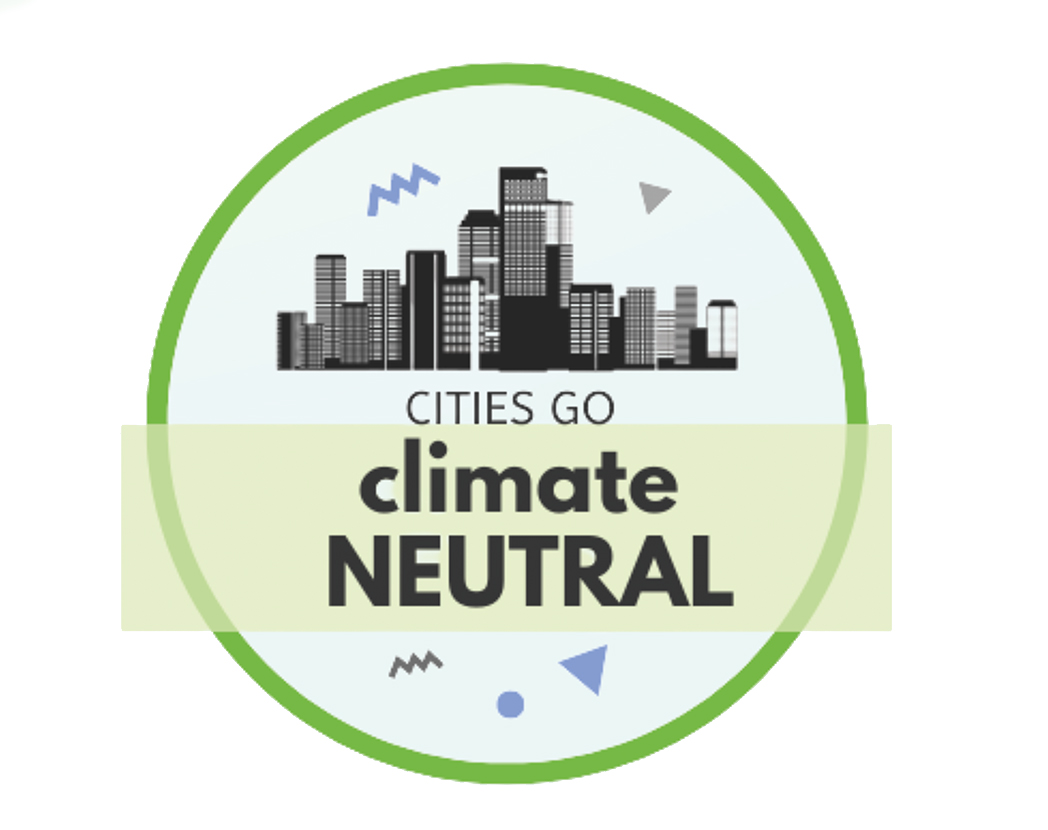CITIES GO CLIMATE NEUTRAL

Cities Go Climate Neutral is a project aimed to enhance and upskill the competences of municipal employees in order to enable them to design climate neutral cities strategies, such as Climate City Contracts.
Furthermore, it will strengthen the innovation and design capacity of Municipality employees regarding urban sustainable development by training them speciTcally in strategy design and entrepreneurship.
Project partnership
Lead partner: Malta Intelligent Energy Management Agency (MIEMA)
Partners organisations:
ORGANOSI GI – Organization Earth – Greece
FCAT – Fondazione Comunitaria di Agrigento e Trapani – Italy e-Trikala AE. – Greece
KMOP – Policy Center ASBL – Belgium
AGRRA – Agencija za ruralni razvoj Zadarske županije – Croatia
Project website: https://climate-neutral-city.eu/
Objectives
Priorities addressed by the project:
a) Environment and Tght against climate change
b) Adapting vocational education and training to labour market needs
c) Addressing digital transformation through development of digital readiness, resilience and capacity
Topics addressed by the project:
a) Environment and climate change
b) Digital skills and competences
c) Creating new, innovative or joint curricula or courses
Results
Through the project, the concrete results to be achieved and on its completion are:
a) «Roadmap for Designing Local Strategies for Climate Neutral Cities» to upskill municipal employees; b) «Transition to Climate Neutral Cities» training course;
c) «Success Stories of initiatives for the Transition to climate neutrality in cities» videos;
d) «Transition to Climate Neutral Cities» Online Hub
Target groups
The Cities go Climate Neutral project promotes the implementation of digital activities to increase the necessary skills and expertise to address the challenges of climate change in urban areas. It is expected to have an overall impact to local and regional authorities’ employees and elected ogcers who wish to upskill their competences, learn about the EU policies focusing on tackling climate change and promoting the transition to climate neutrality and how to design climate neutral strategies for cities, such as Climate City Contacts.
In addition, it is expected to impact indirect target groups such as: representatives of civil society organizations and active citizens, including those working with vulnerable social groups, private sector, higher education institutions (both researchers and students), national and EU authorities with an interest in environmental and sustainable urban planning disciplines.

Funded by the European Union. Views and opinions expressed are however those of the author(s) only and do not necessarily re=ect those of the European Union or the European Education and Culture Executive Agency (EACEA). Neither the European Union nor EACEA can be held responsible for them.
